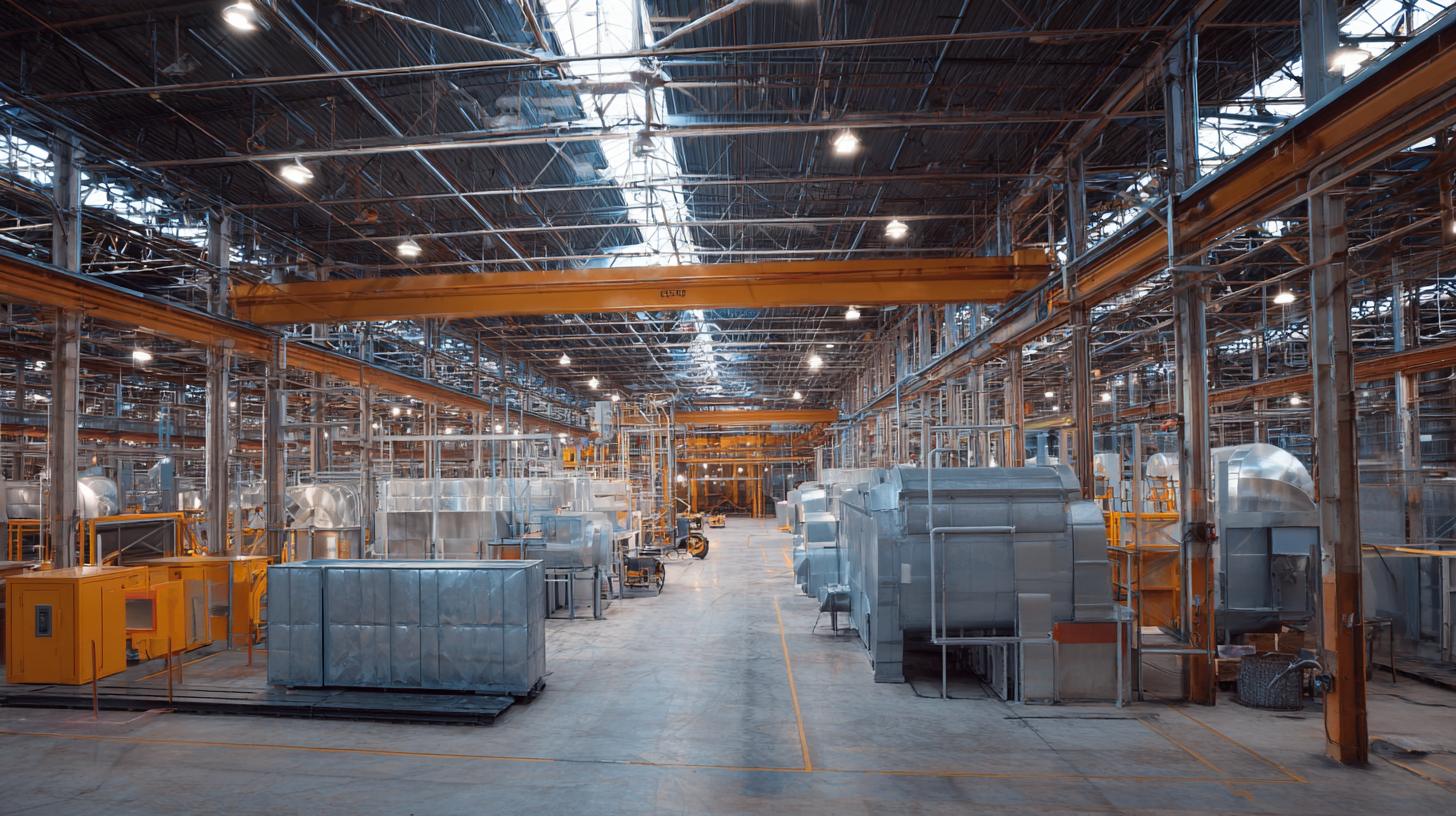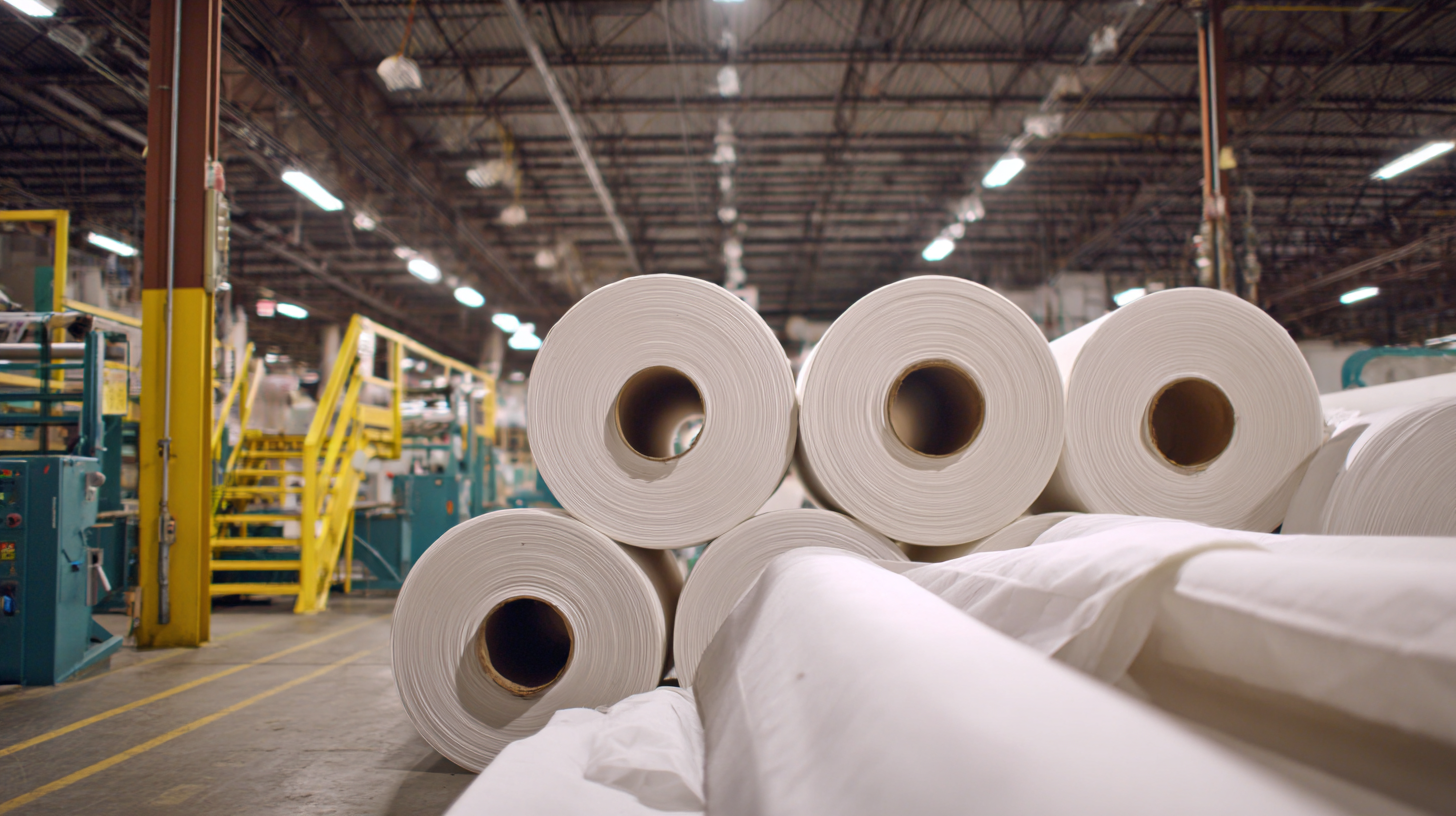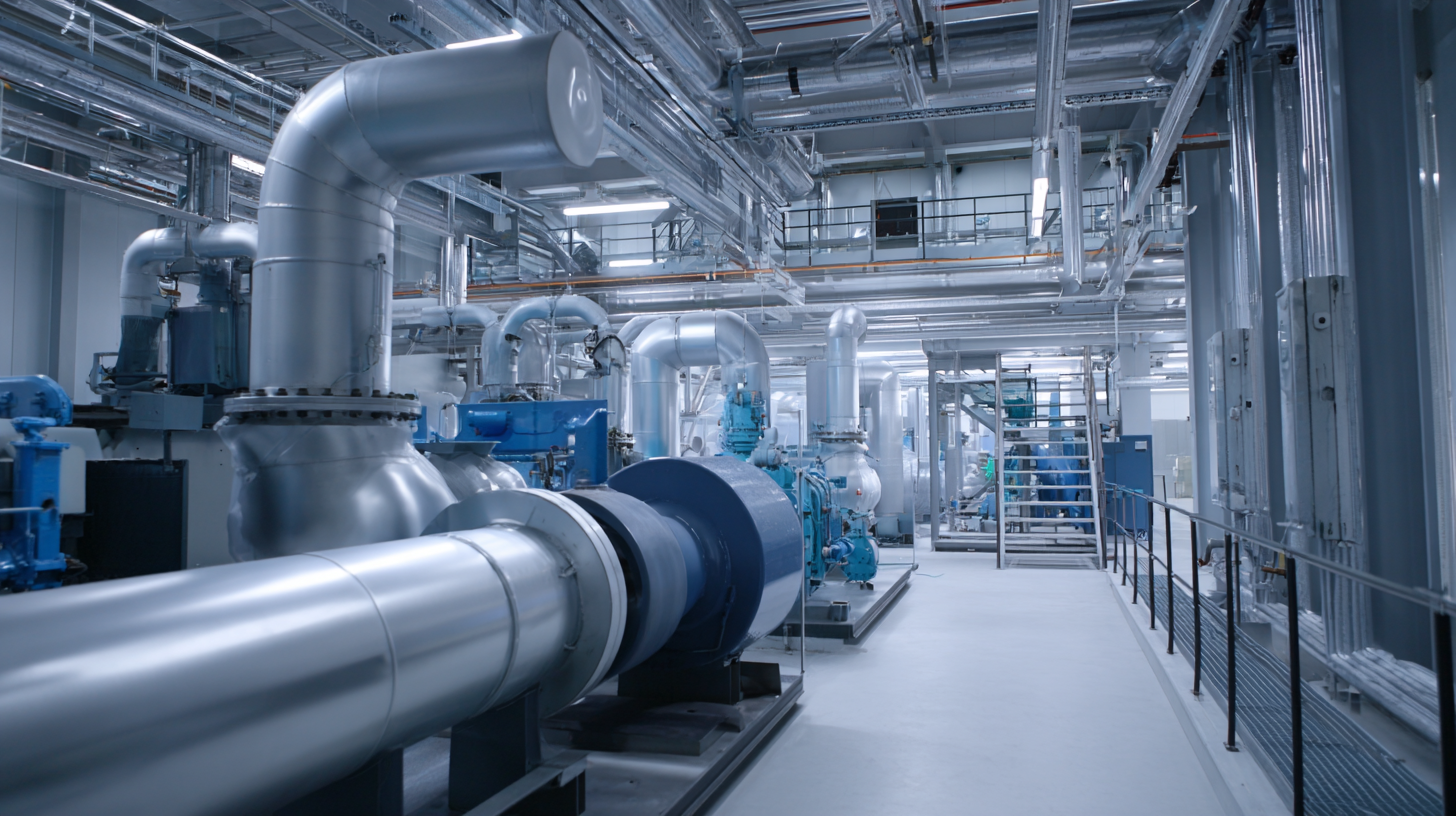Leave Your Message
The significance of Custom Industrial Hepa Filter Manufacturing has become increasingly evident as industries strive to comply with stringent air quality standards. According to the U.S. Environmental Protection Agency, air pollutants can result in severe health issues, leading to approximately 200,000 premature deaths annually in the United States alone. Furthermore, the global HEPA filter market is projected to reach $5.96 billion by 2027, growing at a CAGR of 7.4% (MarketsandMarkets, 2020).

Custom manufacturing of HEPA filters allows industries to tailor solutions that meet specific airway quality requirements, thus enhancing operational efficiency and safeguarding employee health. With the rise in industrial activities and environmental regulations, the demand for innovative filtration technologies will necessitate a focus on specialized manufacturing processes that ensure superior air quality management. Consequently, investing in Custom Industrial Hepa Filter Manufacturing not only aligns with regulatory compliance but also supports a sustainable future by improving indoor air quality across diverse sectors.
HEPA filters play a crucial role in industrial air quality management by effectively trapping airborne particles and pollutants that can compromise the health of workers and the environment. These filters are designed to capture 99.97% of particles that are 0.3 microns or larger, making them essential in industries where air quality is of utmost importance, such as pharmaceuticals, food processing, and manufacturing. By using custom industrial HEPA filters, companies can tailor their filtration systems to meet specific needs, ensuring compliance with strict air quality regulations and enhancing the overall safety of their operations.
Moreover, the implementation of HEPA filters contributes to improved energy efficiency within industrial facilities. When these filters are designed and manufactured to fit specific applications, they can reduce airflow resistance, leading to lower energy consumption by ventilation systems. This not only promotes sustainability but also results in cost savings for businesses over time. Custom manufacturing of HEPA filters allows industries to adapt to changing regulations and technological advancements, fostering a proactive approach to air quality management that safeguards both public health and operational excellence.
The manufacturing of custom industrial HEPA filters plays a crucial role in enhancing air quality standards across various sectors. Key standards and regulations governing HEPA filter manufacturing include those set by organizations such as the EPA and OSHA, which ensure that filters meet specific performance and safety criteria. These regulations dictate the minimum efficiency reporting value (MERV) ratings and particle size reduction capabilities that a HEPA filter must achieve to be deemed effective. Compliance with these standards not only helps in maintaining air quality but also mitigates health risks associated with poor indoor air quality.
**Tips for Choosing Effective HEPA Filters:**
1. Ensure the filter is certified to meet true HEPA standards, which means it can capture at least 99.97% of particles that are 0.3 microns in size.
2. Verify the manufacturer’s compliance with environmental regulations to guarantee the filter's safety and efficacy.
3. Consider the specific air quality requirements of your facility, as custom filters can be designed to target particular contaminants prevalent in your environment.
As the industrial air filtration market grows, particularly in the Asia Pacific region, staying abreast of these governing standards will be essential for businesses looking to invest in air quality improvements that align with regulatory expectations and emerging market trends.

The production of HEPA filters is not a one-size-fits-all solution, particularly in industrial settings where air quality standards can vary dramatically across different applications. Custom industrial HEPA filter manufacturing allows for tailored solutions that meet the specific needs of diverse industries, from pharmaceuticals and food processing to electronics and automotive manufacturing. By customizing the filter material, filter size, and airflow characteristics, manufacturers can optimize performance and efficiency, ensuring that contaminants are effectively captured according to the unique environmental conditions of each facility.
Moreover, the ability to customize HEPA filters enables businesses to comply with stringent regulatory standards while maintaining operational efficiency. For instance, in the pharmaceutical industry, where sterile environments are crucial, customized filters can be designed to not only capture particulate matter but also to resist the buildup of microbial contaminants. This level of specialization not only enhances air quality but also contributes to overall product safety and compliance. As industries continue to evolve, the importance of customized HEPA filter solutions becomes increasingly evident, making it essential for manufacturers to invest in understanding the specific requirements of their clients.

Advanced HEPA filters play a crucial role in significantly reducing pollutant levels in various environments, including industrial settings, hospitals, and homes. These filters are designed to trap at least 99.97% of airborne particles that are 0.3 microns in diameter, which includes dust, pollen, pet dander, and even some bacteria and viruses. The effectiveness of HEPA filters in capturing these pollutants enhances overall air quality, contributing to healthier indoor environments and supporting the well-being of individuals exposed to these spaces.
Tip: When selecting HEPA filters for your space, consider custom manufacturing options that meet specific needs and specifications. Tailoring filters can enhance their efficiency and effectiveness, allowing them to better capture the unique pollutants present in your environment. Regular maintenance and timely replacement of filters are also essential for ensuring optimal performance.
As industries continue to prioritize air quality standards, the impact of advanced HEPA filters cannot be overstated. By investing in high-quality filtration systems, organizations not only comply with regulations but also promote a safer and healthier atmosphere for their workers and visitors. This proactive approach not only mitigates health risks but also fosters productivity and a more sustainable operational environment.
Tip: Implementing a monitoring system to regularly assess air quality can provide valuable insights into filter performance and pollutant levels, allowing you to make informed decisions about when to replace and upgrade your filters.
Custom HEPA filters play a crucial role in achieving enhanced air quality standards, especially in industrial applications where airborne contaminants can pose significant health risks. By tailoring the manufacturing of these filters to the unique requirements of specific environments, industries can optimize their air purification processes. This customization not only improves efficiency in capturing particulate matter but also contributes to regulatory compliance and workplace safety.
When evaluating the cost-benefit analysis of custom HEPA filters, it is essential to consider both the upfront investment and long-term savings. While custom filters may come at a higher initial cost, their ability to provide better air quality can lead to reduced health-related expenses and increased productivity among workers. Industries must weigh these factors carefully to justify their investment in quality air filtration solutions.
**Tips for Selecting Custom HEPA Filters:**
- Assess the specific air quality needs of your facility to determine the filter specifications required.
- Consider maintenance and replacement costs when evaluating the long-term value of custom filters.
- Collaborate with manufacturers that offer expertise in creating tailored solutions for your specific industrial environment.
